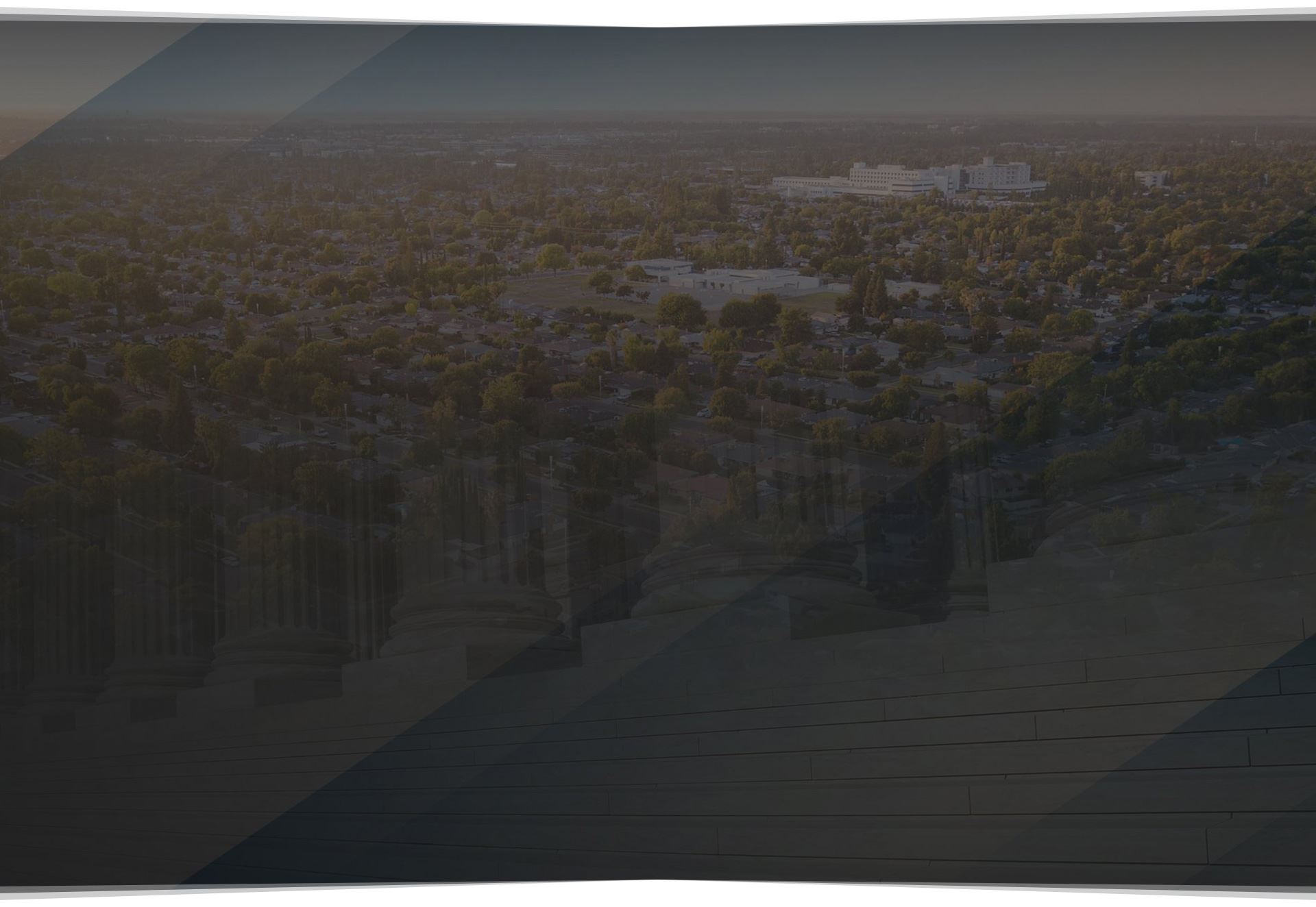
What Happens in Court?
Answers From our Criminal Defense Lawyers in Fresno
Have you been arrested in Fresno, Madera, Tulare, or Kings County? What happens in Court after you are arrested? The courtroom process and proceedings can be complicated, and include the following;
Arraignment
For any misdemeanor or felony, the first court proceeding is the arraignment. After a person is arrested and charged with a DUI or other crime, the defendant is presented with the charges against them. At that time, they are also advised of their right to a trial by jury or judge, the right to an attorney, and that they are presumed innocent until proven guilty, etc. They are then given the details of the Complaint against them, and bail amounts are set. The judge will also set any conditions on bail, depending on the nature of the charges. Once bail is set, it is up to the defendant to post bail money in order to get released. Because many bail bond companies will offer discounts to defendants who hire a private attorney, it is recommended to contact an attorney first. Sometimes an attorney can even manage to have a defendant released without requiring bail on their own recognizance, which can save the defendant or their family a lot of money.
The remaining pretrial procedures will be determined by whether the charges against the defendant are categorized as misdemeanor or felony charges.
Misdemeanor Arraignment
During an arraignment for misdemeanor charges, the defendant may be given the chance to enter a plea of guilty or not guilty. If they plead guilty or no contest, they may be sentenced immediately, or their case may be rescheduled for sentencing in order to allow the probation department sufficient time to provide a pre-sentence report which includes information about the defendant, the crime charged, background information, and make recommendations for sentencing. Alternatively, if the defendant enters a plea of NOT guilty, the pretrial conference will be scheduled.
Pretrial Proceedings
Depending on the complexity of the case, a lot can take place before trial. The judge, prosecutor, and defense attorney may enter into discussions about the case, and try to possibly resolve the matter before it even gets to trial. The case may require a number of pretrial hearings regarding constitutional issues, such as search and seizure or identification. These issues come before the court by way of "motions," produced by the prosecution or defense attorneys. After review of the motions and argument, the judge will determine how the motions will be decided prior to trial.
Felony Arraignment
During a felony arraignment, the defendant will be presented with the charges against them, and enters a plea of guilty or not guilty. They are then notified of their right to a preliminary hearing within the next 10 days.
Preliminary Hearing
During the preliminary hearing, also known as a "probable cause hearing," the prosecutor will present witnesses in order to convince the court that there is probable cause that the defendant committed the crime charged against them. The burden of proof at a preliminary hearing is much lower than the burden required to convict. At this point, the defendant's attorney can cross-examine the witnesses, and offer evidence in support of the defendant's case. If the judge determines that there is probable cause, the defendant's case is then "bound over" for trial. However, if the judge determines probable cause does not exist, the charges can be dismissed, or further reduced to a misdemeanor.

You've Been Arrested for a DUI
What Happens Now?
-
 After an ArrestAfter you are arrested for a DUI in Fresno, you may not know where to turn, or what to do next. The first question you will probably have is: What happens now?
After an ArrestAfter you are arrested for a DUI in Fresno, you may not know where to turn, or what to do next. The first question you will probably have is: What happens now? -
 Find the Right LawyerIf you've been arrested for a DUI or any other crime, you need to hire a lawyer. Even if you are guilty, having a lawyer will help you through the process, and get you the best results.
Find the Right LawyerIf you've been arrested for a DUI or any other crime, you need to hire a lawyer. Even if you are guilty, having a lawyer will help you through the process, and get you the best results. -
 DUI FAQ
DUI FAQUnderstanding the myths and facts about DUI's in Fresno is crucial for informed decision-making.

Meet Our Team
Recognized Among the Best in the Central Valley






